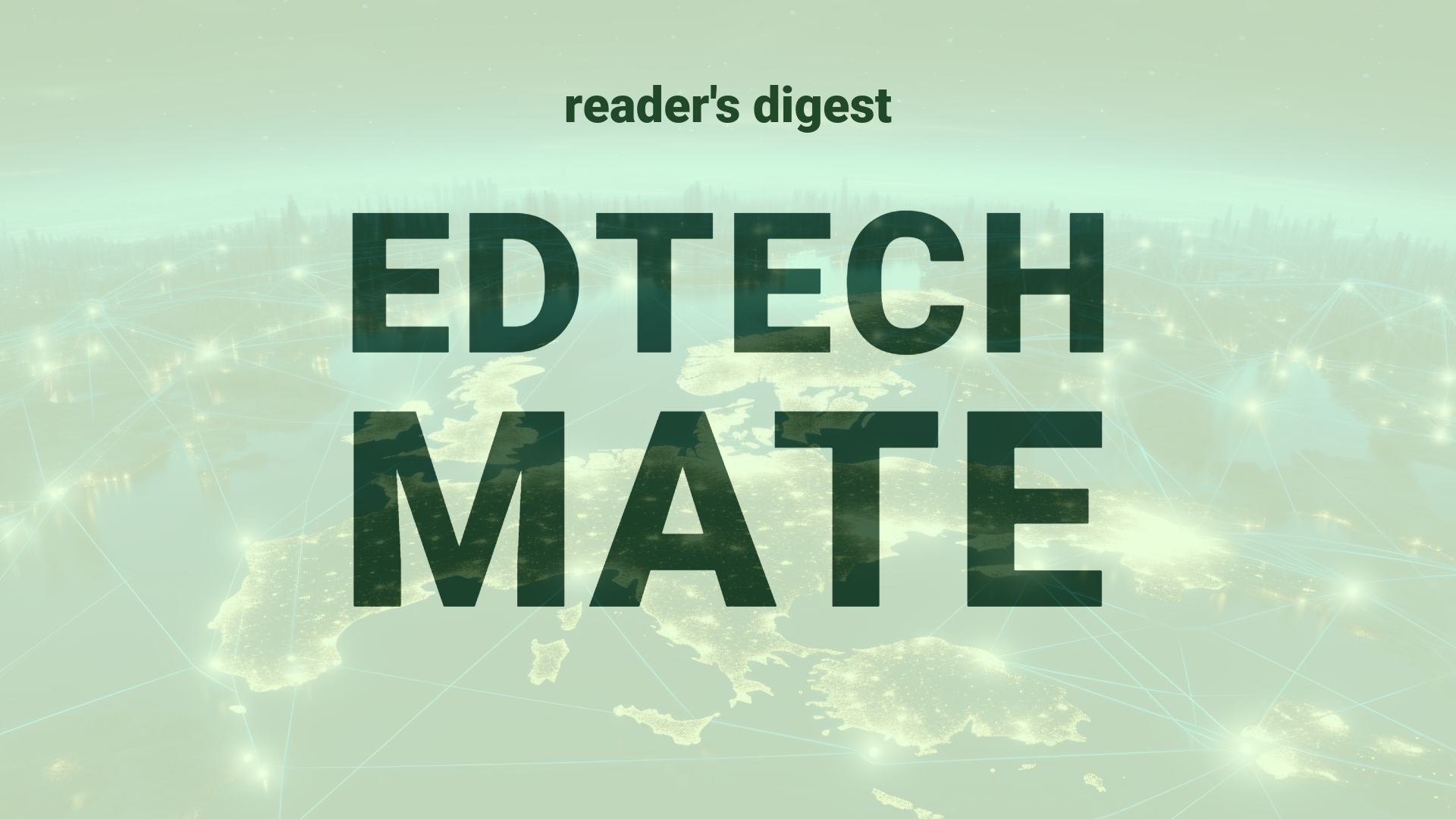Executive Summary and Main Points
In the evolving landscape of global higher education, generative AI (Gen AI) represents a novel transformative force, transitioning from its inception phase into a mature phase where the focus is on impactful implementation. Understanding and utilizing Gen AI to create tangible value is becoming imperative for educational institutions. Key innovations in this sphere are enhancing personalized learning experiences, enabling the creation of custom content, and facilitating adaptive learning pathways, all underpinned by sophisticated AI algorithms that mimic human-like generation of text and media.
Potential Impact in the Education Sector
Gen AI’s advancement has significant implications for Further Education and Higher Education, particularly in the realm of micro-credentials and digital badges. The technology’s adaptability caters to varied learning needs and styles, potentially revolutionizing curriculum design and delivery. It may support strategic partnerships by offering institutions the tools to develop unique, co-branded courses or programs. Additionally, the digitalization of credentials can streamline verification processes, improving the mobility and employability of graduates in the global marketplace.
Potential Applicability in the Education Sector
Gen AI’s applicability is widespread, from creating customized educational resources and facilitating research to offering real-time language translation services that enhance international student experiences. AI-driven analytics can predict student performance and inform interventions, while intelligent tutoring systems provide scalable, personalized support. This digital arsenal could enable education systems globally to foster more inclusive environments that cater to diverse learning communities and bridge educational gaps.
Criticism and Potential Shortfalls
Despite its potential, Gen AI implementation in education invites scrutiny, particularly in areas such as data privacy, bias in algorithmic decision-making, and the authenticity of AI-generated academic work. Comparative case studies illustrate varying levels of success, with some institutions grappling with integration complexities. Cultural and ethical considerations are paramount, as AI applications must respect and preserve academic integrity and local education values while promoting equity and access.
Actionable Recommendations
To harness Gen AI effectively, educational leaders should consider incremental adoption strategies, starting with pilot projects that target specific educational outcomes. Investment in faculty training and technological infrastructure is crucial. Establishing clear ethical guidelines and protocols for AI use can mitigate potential risks. Engagement with all stakeholders, including students, educators, and technologists, will be essential to create a balanced and effective AI-augmented educational ecosystem responsive to the dynamism of global higher education.
Source article: https://www.mckinsey.com/quarterly/the-five-fifty/five-fifty-gen-ais-second-wave

